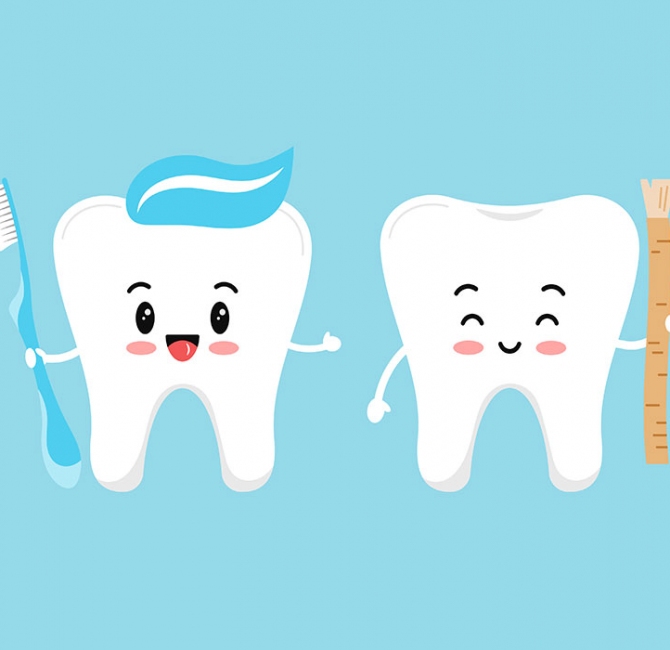Key messages
- Providing care to clients with substance use disorders is becoming increasingly common in the daily clinical practice of oral health practitioners.
- Recognizing the signs and symptoms of substance use and understanding the potential effects of substance use on oral and overall health is essential.
Oral healthcare has become complicated by several factors, including the treatment of an increasing number of clients with substance use disorders. Over 296 million people aged 15 to 64 years worldwide used substances in 2021, with more than 39 million people experiencing substance use disorders. Current projections suggest an 11% rise in the number of people who use substances by 2030.
Periodontal diseases are pathologic manifestations of the host response against the bacterial challenge from the dental biofilm at the tooth/gingival interface. Many social, behavioural, genetic, systemic, and local factors have been identified as contributing risk factors for periodontitis.
This review presents an update of the impact of substance use on periodontal conditions and their possible effect as risk factors or indicators. The main substances discussed include cannabis, synthetic cannabinoids, cocaine, and amphetamines, including their effect, medical manifestations, risks, and the overall effect on oral health and the periodontium.
The review also reports on the clinical management of clients with substance use disorders in a comprehensive approach entailing screening, interviewing, counselling, and potential referral, as well as dental and periodontal management.
Providing oral healthcare to individuals experiencing substance use disorders is becoming more common in the daily clinical practice of oral health clinicians. When treating clients with substance use disorders, it is essential to manage their substance use properly, taking into consideration the impact of substance use on comprehensive oral care.
Careful assessment and multidisciplinary management of clients who use substances can optimize treatment outcomes. Restoring oral and general health and psychosocial well-being should be the ultimate goals in treating clients with substance use disorders.



